What is diabetic retinopathy?
Occurs when high blood sugar damages the vessels of the retina at the back of the eye and can lead to loss of vision if untreated.
listen to our experts
Prevention OF diabetic retinopathy?
Dr. Daraius Shroff
All you need to know about Diabetic Retinopathy
Dr. Minal Sharma
why choose
shroff eye centre
for your treatment?
LEADERS IN EYE CARE SINCE 1914
-

NABH ACCREDITED
-

ISO 9001:2015
Accredited -

ZEE HEALTHCARE
LEADERSHIP AWARD -

Radio City Icons
Award -

AWARDED TRUSTED
EYE CENTRE -

Times Health Survery
Top Eye Clinics in
North India & Delhi 
best eye hospitalS
in north india

 <
<

Millions of
happy patients

Over 40 years
of experience

In Top 3 Eye
Centres of NCR

Internationally
acclaimed retina
team

Advanced
Retina Care
TESTIMONIALS
Don’t just take our word. Here’s what patients have to say about us!

I was delighted to visit Shroff’s Eye Hospital and see that it has been refurbished and expanded in a Spacious and beautiful manner. This well equipped and competently staffed Eye Centre has become a facility of excellence which will be a boon to the people of Delhi. I wish the Shroff Eye Centre the people and saving their eye sight.
Shri. K. R. Narayanan, President of India
(1997-2002), Rashtrapati
Bhawan

I am of firm opinion that Dr. Shroff’s institution is the best eye institution. I am fully satisfied with the care and treatment of my eyes. I had heard lot of praise about this institution, I got the same. I wish all the best for this institution.
Shri. Raj Nath Singh,
Defence Minister of India

This is undoubtedly the finest institution for eyes. Not only is every single staff member highly professional and brilliantly competent, everyone is warm, patient understanding and patient friendly. God bless all of you.
Shri. Prannoy Roy
Founder, NDTV India
Successful retina detachment Surgery in Delhi NCR
Rajiv Miglani
Diabetic Retinopathy ke badiya doctor
Dr. Daraius Shroff
happy patients
Successful retina detachment Surgery in Delhi NCR
Rajiv Miglani
Diabetic Retinopathy ke badiya doctor
Dr. Daraius Shroff
BASED ON 5K+ REVIEWS


mukul giri
We had our Retina Detachment surgery. Dr Shroff is the best retina surgeon and the surgery was done with utmost precautions and results were outstanding.


Bhaskar Azad
Excellent services and great care. The whole staff was very professional and took great care of my eye - I had a retina issue which was resolved completely.


Gauri Jain
Gagan Bhatia sir is the Best doctor in East Delhi for Retina checkup. We are satisfied with his treatment..Very polite and well versed.

what are the Types of
Diabetic Retinopathy?
Background/ Non proliferative Diabetic Retinopathy
Blood vessels within the retina become abnormally permeable and allow substances like fluid and lipid to leak out. If the leaking fluid collects in the macula (the central part of the retina responsible for reading vision and other fine tasks), vision gets affected and may require treatment.
Proliferative Diabetic Retinopathy
Advanced stage of Diabetic retinopathy- reduced retinal blood supply causes abnormal fragile ‘new’ blood vessels to grow on the surface of the retina or optic nerve and sometimes into the vitreous cavity. These abnormal vessels can cause bleeding. Subsequent scar formation in the vitreous may pull on the retina, detaching it from the back of the eye (tractional retinal detachment). This is a sight-threatening condition and can cause blindness.
What are the
symptoms of diabetic
retinopathy?
Sudden appearance of lots of black spots (floaters) and cobwebs in your field of vision
what are the
Types of
Diabetic
Retinopathy?

1. Background/ Non proliferative Diabetic Retinopathy
Blood vessels within the retina become abnormally permeable and allow substances like fluid and lipid to leak out. If the leaking fluid collects in the macula (the central part of the retina responsible for reading vision and other fine tasks), vision gets affected and may require treatment.
2. Proliferative Diabetic Retinopathy
Advanced stage of Diabetic retinopathy- reduced retinal blood supply causes abnormal fragile ‘new’ blood vessels to grow on the surface of the retina or optic nerve and sometimes into the vitreous cavity. These abnormal vessels can cause bleeding. Subsequent scar formation in the vitreous may pull on the retina, detaching it from the back of the eye (tractional retinal detachment). This is a sight-threatening condition and can cause blindness.

What are the symptoms of diabetic retinopathy?
When you come to Shroff Eye Centre for diabetic retinopathy check, we do a comprehensive dilated eye exam.
 Difficulty in recognising
colors
Difficulty in recognising
colors
 Difficulty in seeing at
night
Difficulty in seeing at
night
 Reduced central vision
Reduced central vision
 Total loss of vision
Total loss of vision
Diagnosis of
Diabetic Retinopathy
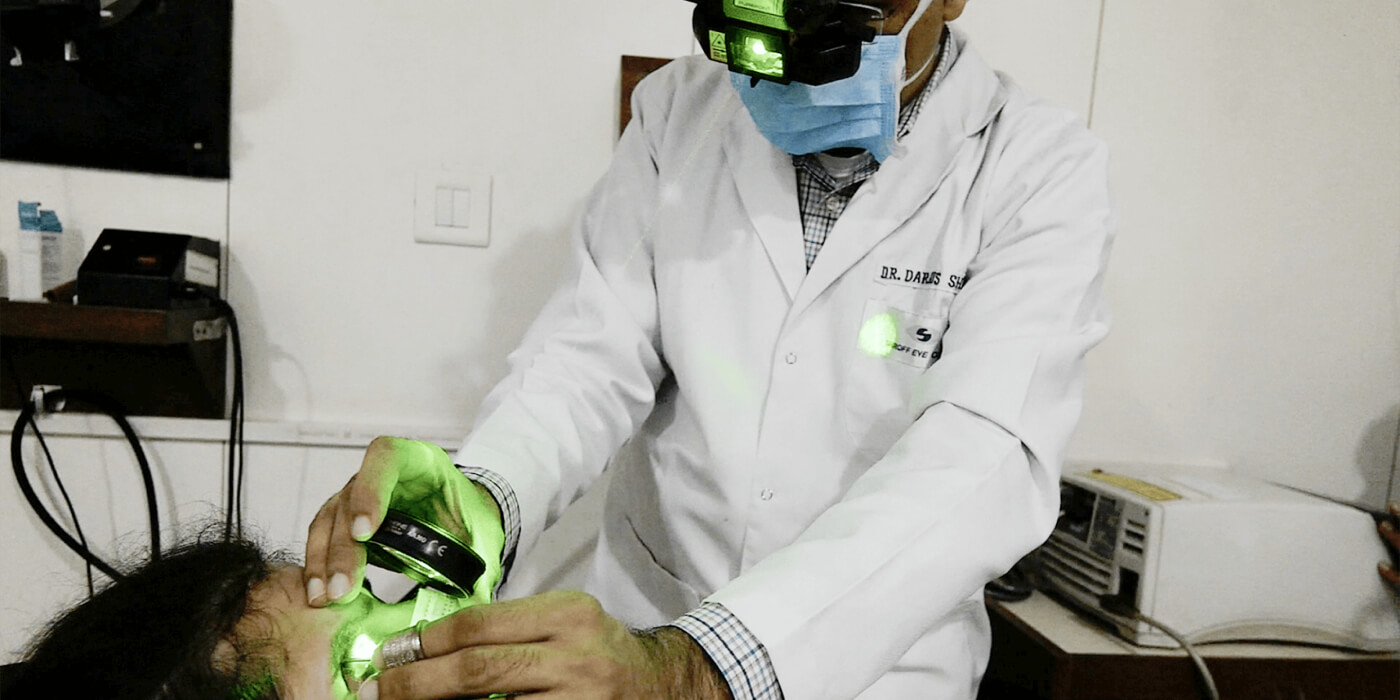
When you come to Shroff Eye Centre for diabetic retinopathy check, we do a comprehensive dilated eye exam.
Visual Acuity
Testing your eye power.
Tonometry
To check your eye pressure.
Slit lamp & Indirect Ophthalmoscopy
Allows our eye specialists to check for any changes in the retina- such as bleeding, fatty deposits, edema in the macula, condition of your lens, optic nerve etc.
Colour photograph of the retina
To document and monitor the retina.
Optical Coherence Tomography (OCT)
A non-invasive eye test which provides a cross-sectional view of the retina. It helps in quantifying the amount and type of swelling and guides the treatment as well as subsequent follow up.
Fluorescein Angiography
A fluorescent dye is injected into a vein in the arm. Photographs of the retina are taken rapidly as the dye passes through the retinal blood vessels. It helps in identifying what structures and areas need treatment with laser.
Can
diabetic retinopathy
be treated?
Yes, Diabetic retinopathy is very much treatable when diagnosed at the right time. Management involves investigations such as Fluorescein angiography (FFA) and Optical coherence tomography (OCT) followed by diabetic retinopathy treatment.
At Shroff Eye Centre, we have a dedicated team of Vitreo-Retinal specialists committed to providing the best possible care to protect your vision.
The goal of diabetic retinopathy treatment is to slow or stop the progression of the disease.
In the early stages of non-proliferative diabetic retinopathy, regular monitoring of the retina and strict glycemic control may be the only treatment.
Regular exercise, diet modification and lifestyle changes can help control blood sugar levels and thus control the progression of the disease.
As diabetic retinopathy progresses, it may need treatment with Laser photocoagulation, intravitreal injections and diabetic retinopathy surgery.
Prevention of
Diabetic Retinopathy
It is a preventable condition.
If you’re diagnosed with diabetes, it is important to remember to:

Get regular complete eye exams including retina check-up once a year or more frequently if advised. EARLY DETECTION of diabetic retinopathy is the best protection against sight loss. This allows us to begin treatment before sight is affected.

Control blood sugar levels.

Control associated conditions like hypertension, increased blood lipids & cholesterol and renal (kidney) disease.

Exercise regularly.

Not miss follow up visits with your eye doctor.

Watch out for any changes in vision.
However, good control in itself does not guarantee freedom from diabetic retinopathy. This is why regular eye exams are a must for diabetics.
Frequently
asked questions
Why does Diabetic Retinopathy occur?
DIABETES MELLITUS impairs the body’s ability to use and regulate blood sugar (glucose). High sugar levels cause changes in the blood vessels of many organs of the body including the eye, particularly in the retina. The weakened blood vessels may leak fluid or blood- damaging the retina and can lead to severe vision loss or even blindness.
Do all diabetics develop diabetic retinopathy?
Not every person with diabetes will develop Diabetic Retinopathy. Conversely, an eye with marked changes of Diabetic Retinopathy can have good vision and be totally free of symptoms. Regular eye check-up including retinal examination through dilated pupils is a must for all diabetic patients, especially for people who have been diabetic for a number of years.
When you come to Shroff Eye Centre for diabetic retinopathy check, we do a comprehensive dilated eye exam.
Visual Acuity - Testing your eye power.
Tonometry - To check your eye pressure.
Slit lamp & Indirect Ophthalmoscopy - Allows our eye specialists to check for any changes in the retina- such as bleeding, fatty deposits, edema in the macula, condition of your lens, optic nerve etc.
Colour photograph of the retina - To document and monitor the retina.
Optical Coherence Tomography (OCT) - A non-invasive eye test which provides a cross-sectional view of the retina. It helps in quantifying the amount and type of swelling and guides the treatment as well as subsequent follow up.
Fluorescein Angiography - A fluorescent dye is injected into a vein in the arm. Photographs of the retina are taken rapidly as the dye passes through the retinal blood vessels. It helps in identifying what structures and areas need treatment with laser.
Yes, Diabetic retinopathy is very much treatable when diagnosed at the right time. Management involves investigations such as fluorescein angiography (FFA) and optical coherence tomography (OCT) followed by diabetic retinopathy treatment.
At Shroff Eye Centre, we have a dedicated team of Vitreo-Retinal specialists committed to providing the best possible care to protect your vision.
The goal of diabetic retinopathy treatment is to slow or stop the progression of the disease.
In the early stages of non-proliferative diabetic retinopathy, regular monitoring of the retina and strict glycemic control may be the only treatment.
Regular exercise, diet modification and lifestyle changes can help control blood sugar levels and thus control the progression of the disease.
As diabetic retinopathy progresses, it may need treatment with Laser photocoagulation, intravitreal injections and diabetic retinopathy surgery.
DIABETIC RETINOPATHY IS A PREVENTABLE CONDITION. If you’re diagnosed with diabetes, it is important to remember to:
1. Get regular complete eye exams including retina check-up once a year or more frequently if advised. EARLY DETECTION of diabetic retinopathy is the best protection against sight loss. This allows us to begin treatment before sight is affected.
2. Control blood sugar levels.
3. Control associated conditions like hypertension, increased blood lipids & cholesterol and renal (kidney) disease.
4. Exercise regularly.
5. Not miss follow up visits with your eye doctor.
6. Watch out for any changes in vision.
However, good control in itself does not guarantee freedom from diabetic retinopathy. This is why regular eye exams are a must for diabetics.
Frequently Asked Questions
Why does Diabetic Retinopathy occur??
DIABETES MELLITUS impairs the body’s ability to use and regulate blood sugar (glucose). High sugar levels cause changes in the blood vessels of many organs of the body including the eye, particularly in the retina. The weakened blood vessels may leak fluid or blood- damaging the retina and can lead to severe vision loss or even blindness.
Do all diabetics develop diabetic retinopathy?
Not every person with diabetes will develop Diabetic Retinopathy. Conversely, an eye with marked changes of Diabetic Retinopathy can have good vision and be totally free of symptoms. Regular eye check-up including retinal examination through dilated pupils is a must for all diabetic patients, especially for people who have been diabetic for a number of years.
Other services @ SEC

LASIK &
Refractive
Surgery

Dry Eye

Cataract

Glaucoma

Pediatric
Ophthalmology

Squint
Orthoptics

Uvea

Cornea





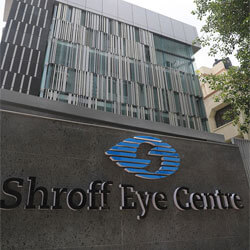
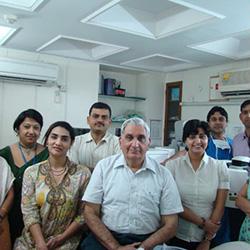
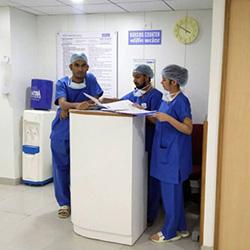
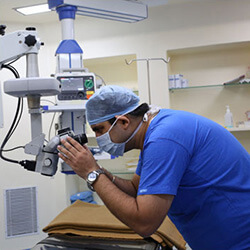
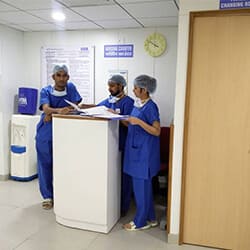




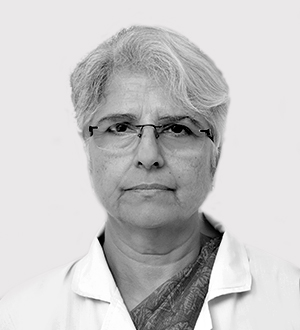





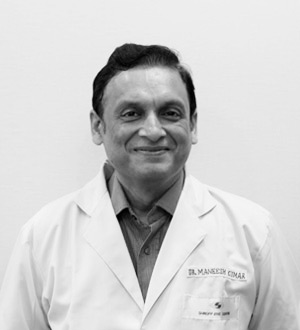



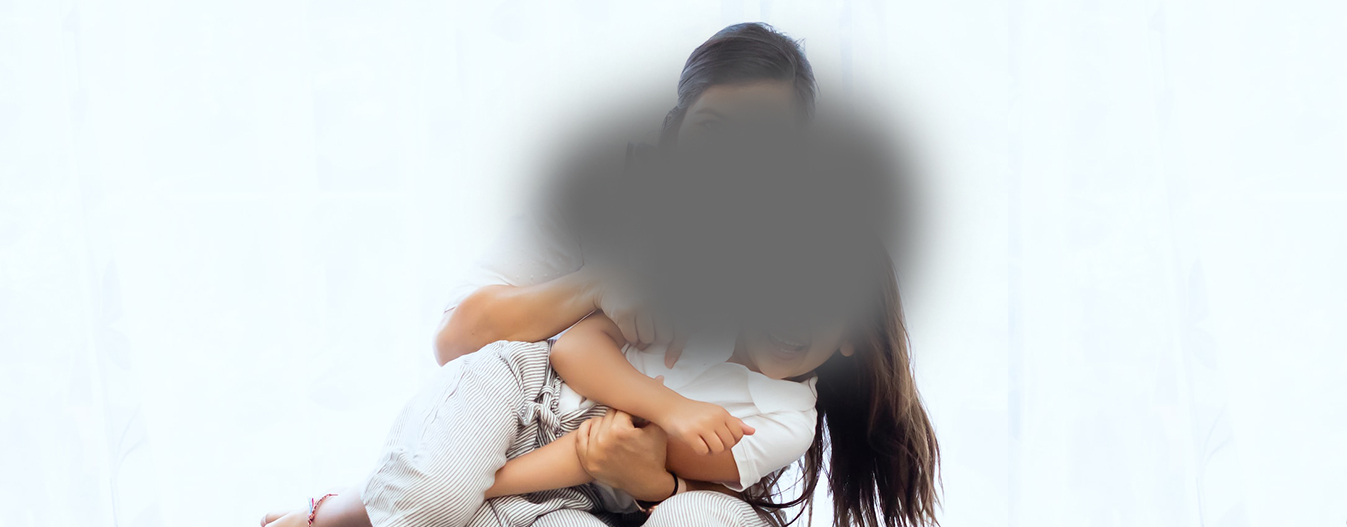
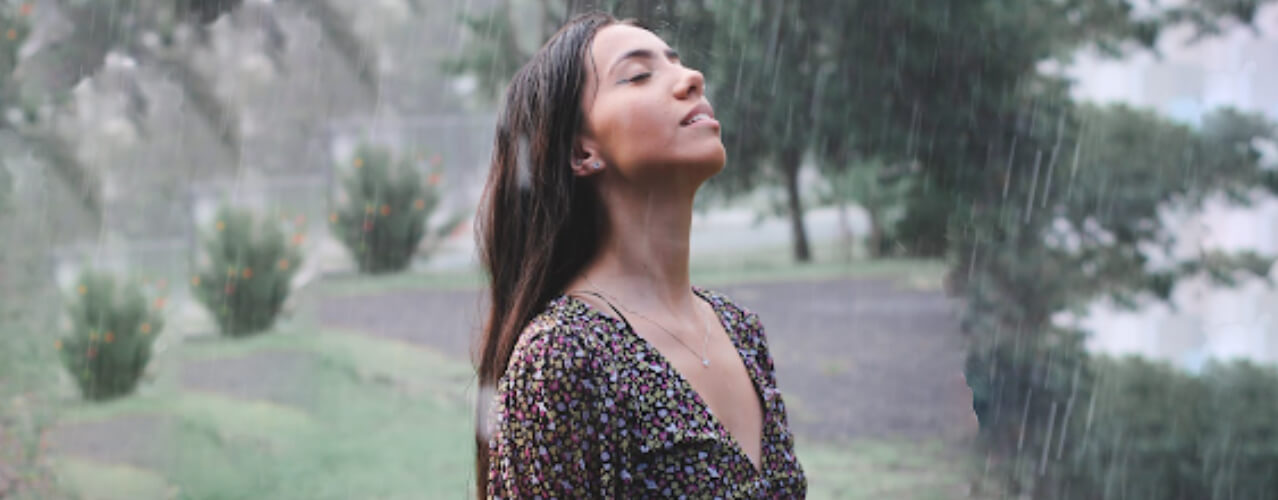

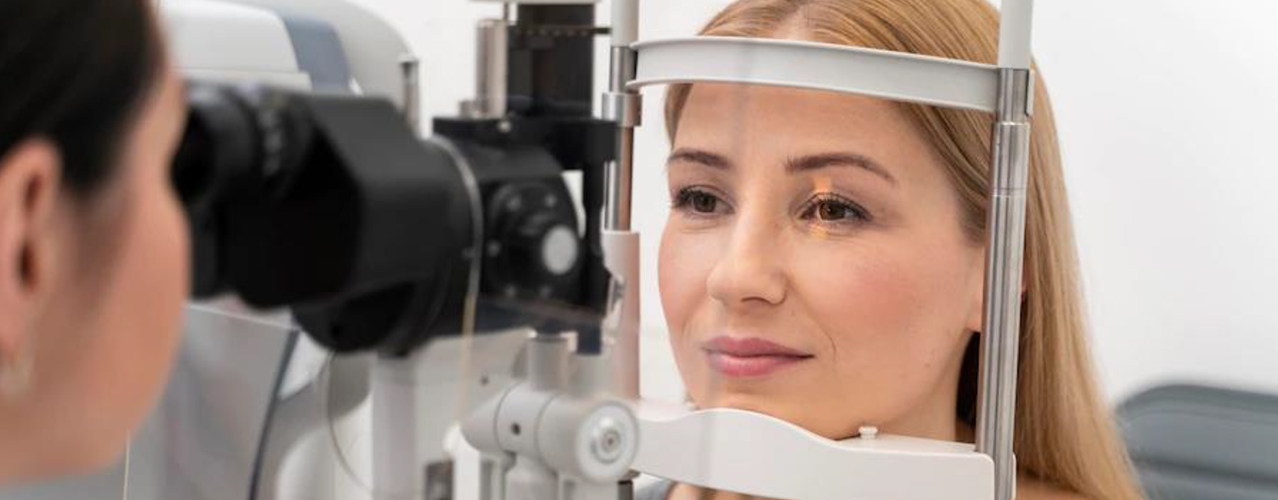


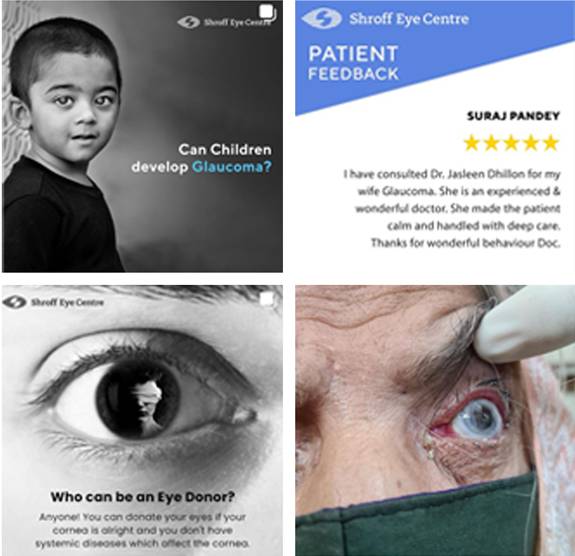

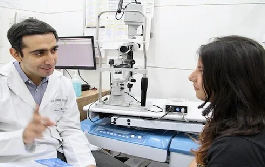




 Call Now
Call Now Book an
Book an Chat
Chat  Our
Our